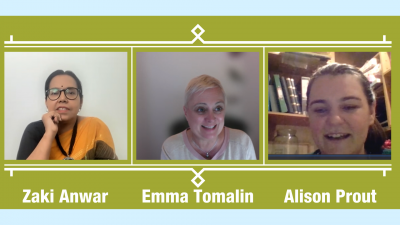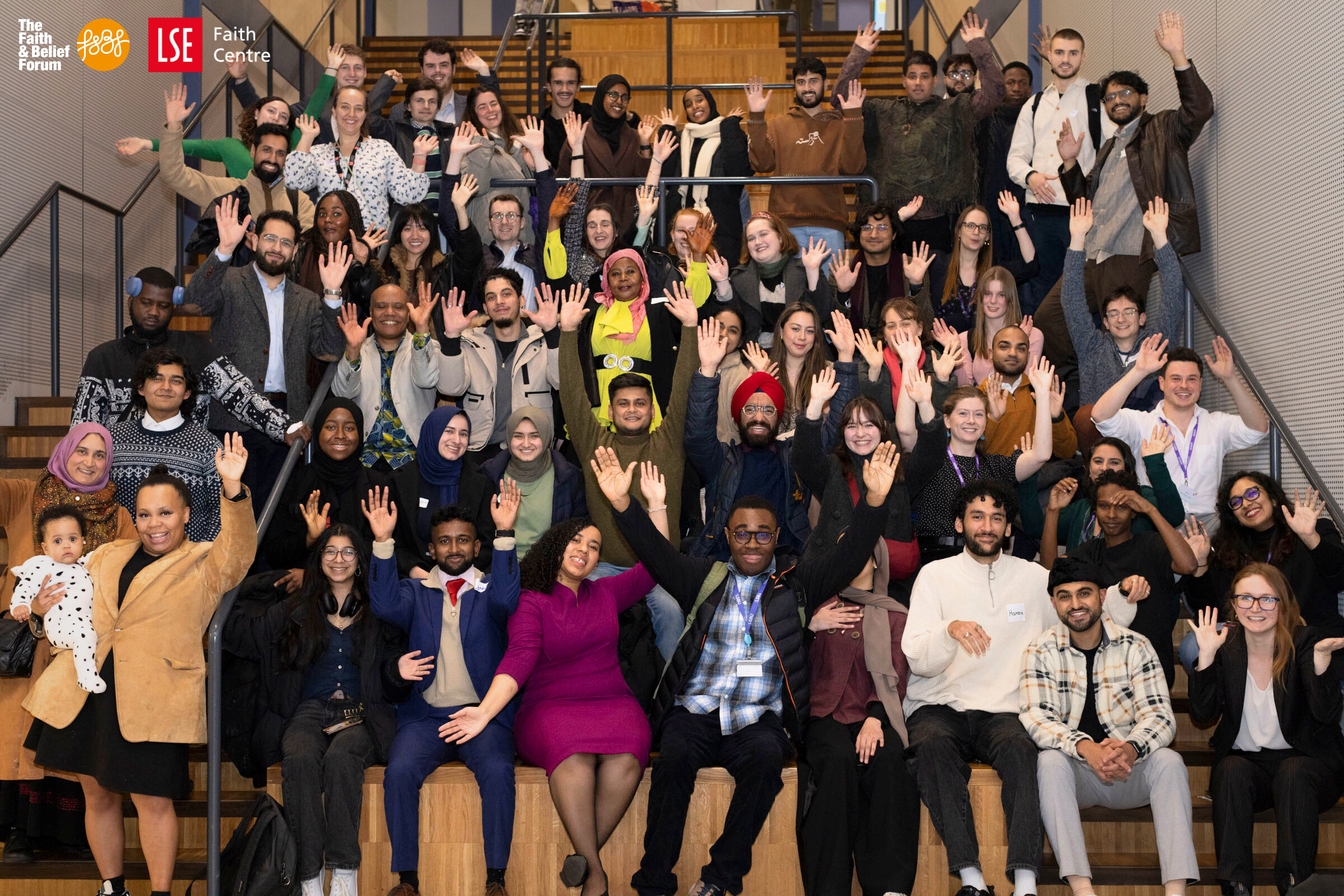
Statement on Hate Crime in UK – 19th February 2024
19 / 02 / 24
Menu

07 / 03 / 22

Raahim Zafar
What does religion have to say about the environment? What power do people of faith have in addressing the global climate crisis? What examples of successful faith inspired social action can we take inspiration from?
These were just some among the questions that were opened up on Thursday 3rd February as the London Youth Council, consisting of F&BF programme alumni, convened three leading voices from across the country to spark conversation and inspire change on the local, national and international levels.
Dr Zaki Anwar was the first to share her thoughts. A medical doctor by training and a prominent broadcaster from the British-Bangladeshi community, Dr Anwar began by discussing the place Islam gives to the environment. She mentioned that the Quran gives human beings the role of “stewards” on this planet and endows them with the responsibility to care for it and all its creatures. She also made reference to the UN’s sustainable development goals and presented the case study of her home country of Bangladesh- one of the countries most put at risk by climate change- and some of the initiatives including a climate-sensitive hospital that was recently named the world’s best building.

Next Professor Emma Tomalin from the University of Leeds spoke about her research. Professor Tomalin has been involved in projects that engage with the role of faith actors in humanitarian action, peacebuilding and health. She has worked in South, South East Asia, and more recently East Africa. Closer to home, she has carried out research on the role of faith actors in public life in the UK with regards to their involvement in anti-trafficking among other roles in contemporary life.
Professor Tomalin highlighted the importance of having a solid ideological underpinning to climate work; she highlighted this through the emergence and development of “eco-theologies” which seek to emphasise the relationship of human beings with the environment. Drawing on her academic research she demonstrated the power people of faith, and particularly leaders of faith, have in shaping both discourse and action, highlighting the example of Pope Francis in his 2015 publication “Laudato Si: On Care for our Common Home” which continues to influence Catholics worldwide today.
The final speaker was Alison Prout, who has worked for over 20 years with faith groups to promote peace work, social justice and sustainability, and has supported the UN environmental programme including through delivering faith dialogues. Ms Prout brought the discussion closer to home by provoking contemplation on different ways individuals and groups can effect change in their communities and beyond.
She mentioned for example how religious organisations and affiliations own huge portions of the world’s land and thus possess the power to shape it as they will, and protect it if they so desire. An example she gave was of the Ethiopian Church which continues to protect its now famous “Church Forests” whilst the land around them have been made barren by agriculture and unsustainable practices.

She also re-emphasised the power of religious leaders to protect the environment through citing a fatwa published by Indonesian religious authorities to ban burning forests. The most striking part of her presentation was that she highlighted not only the power of people of faith as front line conservationists, but as advocates and policymakers if their potential is harnessed effectively, leaving no doubt the audience both young and old sufficiently inspired to take these ideas back to their communities to organise for change.
The online session ended with breakout rooms for audience members to share their thoughts and network to be able to make those connections that will allow them to organise and collaborate for impactful social change. The London Youth Council, like the newly established West Midlands Youth Council, regularly meets to organise events and plan social change events. You can find out more about them here and we hope to see you at one of their future events.
To keep updated on the latest events sign up to our newsletter

19 / 02 / 24

16 / 02 / 24

16 / 02 / 24